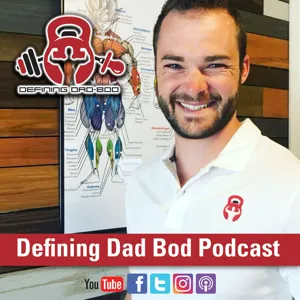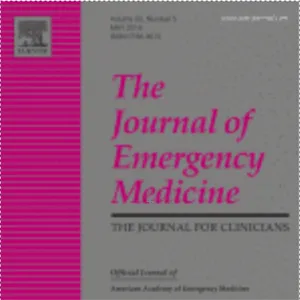Dr. Daphne Yau on Blood Sugar & Brain Health

Daphne Yau can trace her interest in endocrinology back to a beta-cell physiology experiment during her master’s degree, working with laboratory mice with Type 2 Diabetes.
“It was the part of the pancreas that makes insulin,” she said. “It was fascinating. It also made me realize that maybe pure laboratory research wasn't quite for me."
From there, her interest in hormones and fluctuating blood sugar levels grew.
Yau is no stranger to medicine. Her mother was a pharmacist, while her father and aunt both worked as physicians. Following in their footsteps, Lou completed her pediatrics residency at Queen’s University, with fellowship training at McGill. She then focused on congenital hyperinsulinism at the Children’s Hospital of Philadelphia and Royal Manchester Children’s Hospital.
She still remembers her residency, and meeting a premature baby with a rare genetic disorder in neonatal intensive care.
“The blood sugars were horrendously low right from the start,” Yau said. “Their brain uses most of that glucose, so that's why it's so critical in that period that they get a steady supply.”
Together with an endocrinologist and a multi-disciplinary team, Yau and her colleagues traced back the root of the hyperinsulinism — the infant’s mother and grandmother also suffered from rare forms of diabetes.
Unregulated, plummeting blood sugar levels in infants can cause brain injuries and permanent neurological damage, Yau said.
“Your brain can't really store much in the way of glucose and it can't make it on its own the way some other tissues and organs in the body can,” said Yau.
“If you test a child who's had hypoglycemia when they're two or four, you may not actually pick up on this. Not till maybe later on, when they're in school and they're struggling.”
Yau joined the College of Medicine five years ago as a pediatric endocrinologist and assistant professor of pediatrics. Today, she’s based at the Jim Pattison Children’s Hospital. Her research focuses on understanding and addressing congenital hyperinsulinism, as well as screening for diabetes and other metabolic disorders.
In this episode, Dr. Yau pointed to recent success with a project inspired by Dr. Mark Inman. Together, their team is trying to improve diabetes screening and education in northern Saskatchewan, particularly for Indigenous children and teenagers.
She said the heel prick hospitals often perform on newborns inspired them.
“Could someone at home prick their finger, put some few drops of blood on this card and have their A1C measured that way as opposed to having to go to the lab?” Yau said.
The results to date show promise, which could make it easier to screen young patients in remote communities for diabetes.
Yau is also working with researchers in the United Kingdom who study blood sugar dysregulation in infants, exploring alternative treatments and lower doses of medications such as diazoxide, to mitigate side effects.
“What are the levels we really should be targeting to minimize the potential for long-term harms?”












